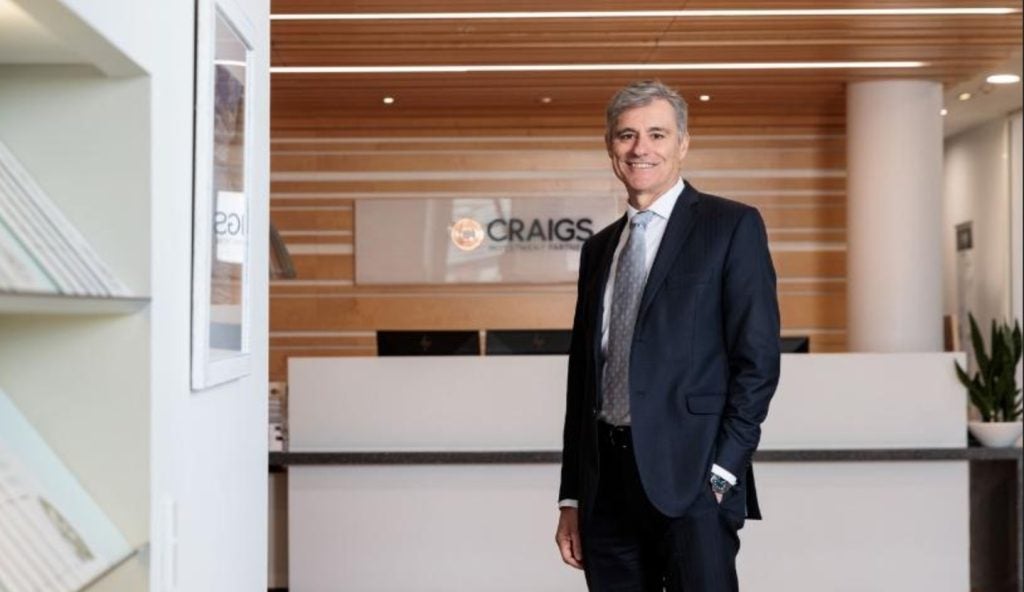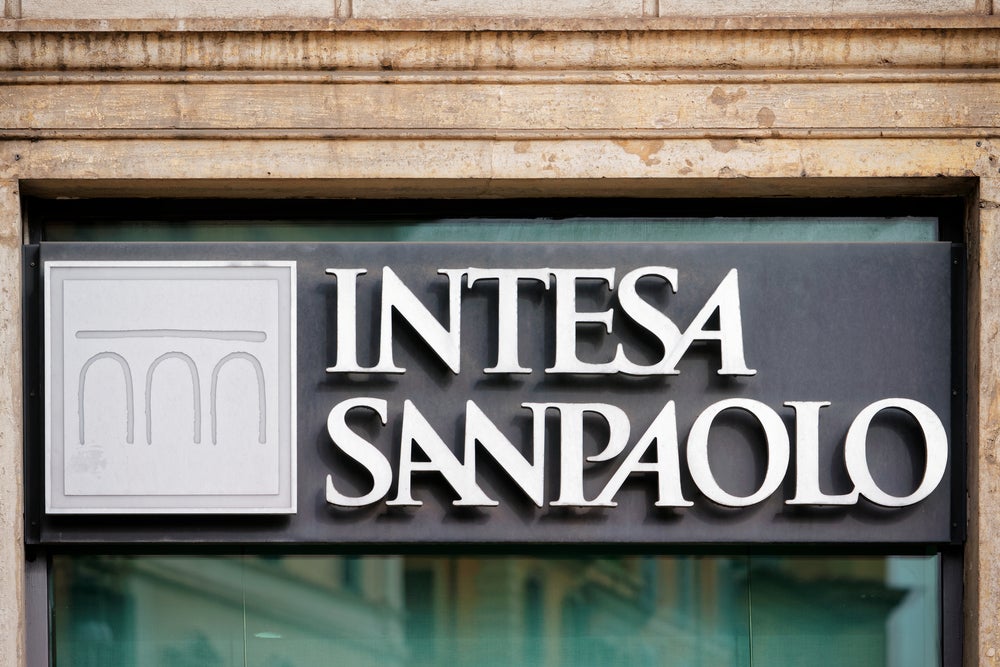Citibank India’s alleged $86m
fraud is raising questions about whether it highlights a systemic
risk to the country’s wealth management industry or remains a
one-off event. Shubhreet K asks whether the fraud will tarnish
Citi’s and India’s reputation or if the damage will be
short-lived.
 An alleged scam
An alleged scam
at a Citibank branch in the Indian city of Gurgaon has blown up to
bring India’s entire wealth management industry under the
microscope.
As the legal process to prosecute
former Citi relationship manager (RM) Shivraj Puri begins,
questions have been raised about Citi’s Indian operations, but also
what this could mean for one of the world’s most dynamic wealth
management markets.
If Puri had been operating for
close to a year-and-a-half, how did Citibank only detect the fraud
in December 2010? How did Puri’s line managers not pick up on the
scam earlier? How did he manage to forge bank papers and who helped
him do it? And, ultimately, how will this impact Citibank’s
reputation and its business?
The circumstances of the scam have
been well documented (see How the fraud unfolded). Puri
allegedly duped a number of high net worth clients into entering a
fraudulent investment scheme. The alleged scam, where investors
were offered returns of up to 36%, centred on a forged letter
purporting to be from the Securities and Exchange Board of India
(SEBI).
How well do you really know your competitors?
Access the most comprehensive Company Profiles on the market, powered by GlobalData. Save hours of research. Gain competitive edge.

Thank you!
Your download email will arrive shortly
Not ready to buy yet? Download a free sample
We are confident about the unique quality of our Company Profiles. However, we want you to make the most beneficial decision for your business, so we offer a free sample that you can download by submitting the below form
By GlobalData
Was the top brass
involved?
 One
One
of the victims, Sanjeev Aggarwal, managing director of venture fund
Helion Ventures, said the scam could not have taken place without
the knowledge of senior executives.
“One person cannot do this,” said
Aggarwal, who claims to have lost $7.2m in the scam.
“It is a systemic failure and it
runs through the organisation. You cannot hold just one person
responsible for it.”
Aggarwal filed a cheating complaint
against Citibank and 11 others, including Citigroup global chief
executive Vikram Pandit, chairman William Rhodes, chief financial
officer John Gerspach, chief operating officer Douglas Peterson and
Shivraj Puri.
Once Citibank released a statement
saying it would “fairly compensate” the victims, Aggarwal said he
would not pursue his complaint against the bank.
However, his statements did raise a
question that many asked. Gurgaon police commissioner SS Deswal
said the police would investigate the case thoroughly, but
Aggarwal’s comments had no legal value. Deswal also said senior
executives would not be summoned since the possibility of their
involvement looked remote.
The same cannot be said for the
local staff at the Gurgaon Citibank branch and the Compliance and
Control (C&C) department of the bank.
C&C department officials could
face action at a later stage after the internal inquiry is
conducted. According to Citibank, Gurgaon’s C&C department is
presently assisting the police and other investigating agencies.
The bank will decide on the course of action after the police
investigation is over.
“There are several organisations
involved in the investigations,” explained Deswal. “While the
police is looking at the criminal side of the case, the Reserve
Bank of India (RBI) and SEBI are investigating the lapses of
procedures by the bank.”
Gurgaon police have called in
financial experts to help them investigate the case and assist them
in collecting evidence through the documents that have been
seized.
Reputational damage for
Citibank India?
The biggest repercussion of the
scam is the impact it could have on Citibank India’s reputation and
business.
According to rating agency Fitch,
the fraud will not impact the bank’s short-term credit rating, but
it warned against waning investor confidence that could lead to
client exits and impact profitability.
“The fraud in the wealth management
business of Citibank India’s Gurgaon branch will not have any
impact on the branch’s national short-term rating,” Fitch said in a
statement.
“The rating continues to factor in
the financial profile of the parent of which the branch is a part,
supported by the well-established funding franchise of the bank’s
operations in India.”
Fitch cautioned that, even though
the branch’s strong capital structure has capacity to absorb any
loss, there could be adverse reputational impact from the
fraud.
This negative publicity may affect
the bank’s wealth management business in India, fees from which
accounted for about 8% of Citibank India’s net income in the
financial year to March 2010.
“Any erosion of investor’s
confidence could slow down growth or even reduce profits in this
business, particularly if some of the existing clients choose to
exit,” Fitch added.
“Investments in improved
surveillance and processes would also affect profitability.”
Onshore wealth management clients
also account for an estimated 10% of Citibank India’s deposit base,
a traditional strength of the bank’s funding profile in India.
Any impact on this low-cost funding
franchise could lead to an increase in the bank’s cost of funds,
consequently affecting profitability.
The rating firm also highlighted
the need for tighter operational risk management for wealth
management business in India, which has attracted many domestic and
foreign players recently.
Revised wealth management
guidelines?
At present, there are no specific
regulations for wealth management for high net worth individuals
(HNWIs). These generally come under standards for portfolio
management overseen by market regulator SEBI.
HDFC Bank chairman Deepak Parekh
highlighted that India’s wealth management industry has spread so
much in the last decade that a huge amount of wealth creation has
taken place in India.
“Wealth managers and companies
managing wealth for other people have mushroomed and there are no
guidelines for that,” Parekh said.
“I think the government will come
out with guidelines for the industry. The country should have a
good system and audits in place to prevent the recurrence of such
frauds.”
The scam has prompted India’s
banking regulator to review existing procedures for the portfolio
management services (PMS) of banks.
According to industry sources, now
that RBI’s inspection report on the Citibank fraud is ready, RBI is
planning to compile a comprehensive report on the loopholes in PMS
guidelines.
The board for financial supervision
will discuss the report and the guidelines will be revised based on
feedback.
Currently PMS offered by banks are
classified into four categories: referral services, investment
advisory, non-discretionary and discretionary.
The present standards do not
clearly distinguish between investment advisory and
non-discretionary PMS. Sources say the regulator will address the
issue while revising these standards.
It will also look into the way
discretionary PMS are provided by banks.
There are also suggestions the
central bank may bring in industry standards to govern relationship
managers, something current guidelines do not address.
Until fresh guidelines are formed,
RBI may go slow on issuing fresh permission to banks for PMS. Some
government-owned banks, which were planning to offer PMS, are now
awaiting RBI’s revised practices before starting operations.
Long-term
impact
How badly the Gurgaon scam will
damage Citibank’s reputation depends on how long the legal process
will take.
Looking at the impact of Indian
corporate frauds in other sectors, including the damage to PwC’s
reputation from the Satyam scam, suggests structural changes to the
industry are inevitable.
Satyam also suggests that ongoing
court cases could drag on for years, meaning Citi could be
constantly dragged back into the public eye for the wrong
reasons.
However, given Citibank’s strong presence in India, spanning
high net worth consumer banking, corporate banking and treasury
services, this single episode is not likely to have a long-term
impact on the Indian operation. Citi Private Bank is expected to
continue giving strong support to its Indian arm, given the
strategic importance of the Indian market to the bank.
See also: How the fraud
unfolded
Related Citi news
Suspected Citi fraud unnerves Indian wealth
management industry
Citi revenues fall 11%, Holder named as family
office head







